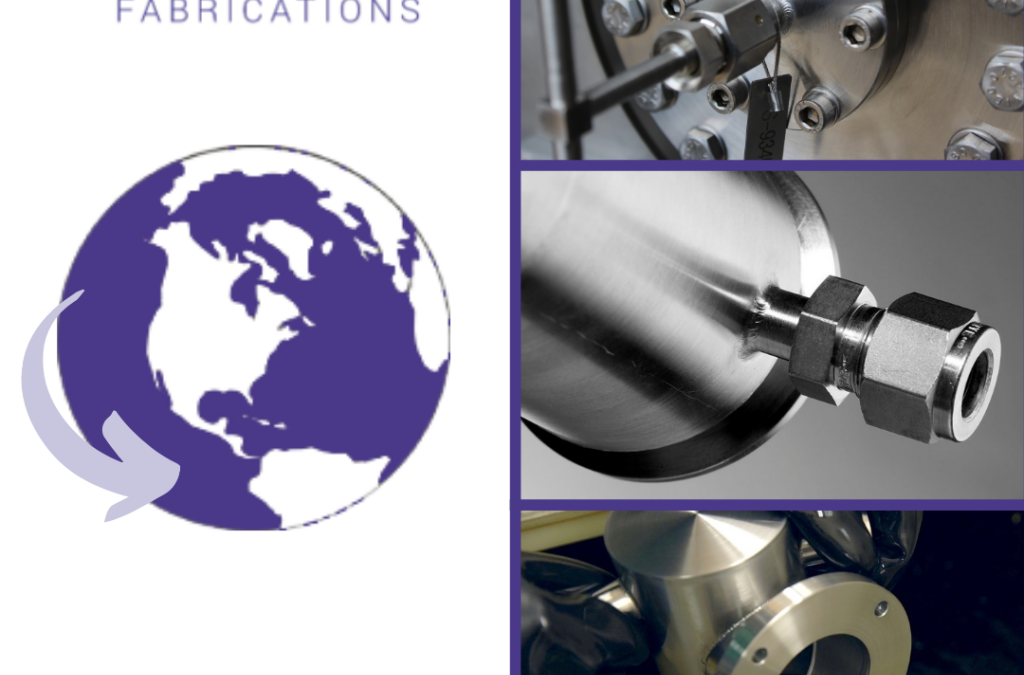The recent events both in the UK and worldwide have had, and are still having, a profound effect on the manufacturing industry. The first major blow was the divisive 2016 Brexit referendum leading to the UK officially leaving the European Union in January of this year. This caused panic within manufacturing due to the uncertainty surrounding trade and overseas production. Many companies were fearful that in the event of the UK leaving the EU with no deal, that supply chains may well fail.
Then in March this year most of the world found itself in lockdown following the outbreak of the Covid-19 pandemic. This created a very tangible block on all trade and travel, heavily impacting manufacturing companies who often have production based outside of the UK and rely on imported parts from abroad.
Both major events have caused many company management boards to reconsider their existing supply chains and general operations, in an attempt to reduce risk to their functionality during times of political change and global crisis, and to ensure that the business is self-sufficient and doesn’t need to rely on international outsourcing to continue business as usual.
As a result, many businesses are now either in the process of reshoring their production back to the UK, or seriously considering it.
What is Reshoring?
Direct reshoring is defined as ‘a relocation of offshore production capacity back to the home country’.
While there are many notable advantages to offshoring production, namely massive reduction of overheads, particularly for labour and materials, we have seen in 2020 that these benefits can be largely outweighed by the risk attached to putting distance between head office and the production line/supply chain.
The difficulty in reshoring is finding the appropriate companies to complete the production that has been reshored.
Benefits of Reshoring
- Improved oversight and flexibility
By having a head office and factory in the home country, engineers, quality, and supply chain staff can easily access the production line, allowing them to change operations as problems arise and preempt future issues. The ability to swiftly implement new technology enhances responsiveness and increases flexibility to changes in demand and design.
- Ethical and environmental benefits
UK law ensures companies are forced to comply with stringent health and safety regulations; minimum pay rates; reasonable working hours etc. and avoids potential problems with lower standards in overseas locations. Local production and, where possible, sourcing of raw materials and components, significantly reduces the carbon footprint of goods.
- Risk management
Risk is significantly reduced by shortening supply chains. It is impossible to predict the timing and impact of global pandemics or financial crashes, but reshoring can mitigate the adverse effects on production even if trade is limited or borders are closed.
- Brexit and loyalty
Brexit has renewed interest in UK employers and UK sourced goods. Keeping production in the UK can be a positive PR move in the current climate and gain not only new customers, but loyal ones who may also be attracted by the environmental and ethical benefits of local production.
- Quality and customer relations
When products are manufactured in the UK, any problems with quality can be addressed quickly and easily. Arranging repairs and replacements for displeased customers is a fragile time in the relationship and the manner and efficiency of how problems are dealt with can define the entire company.
How Orbital Fabrications Can Help!
Orbital offers an extensive in-house manufacturing facility including a full turnkey service from concept and design assistance to manufacturing drawings and build, NDT testing plus a full documentation package!
Our continued investment in machinery and specialist equipment enables us to manufacture high quality modules and complete system builds using stainless steel and high nickel alloy materials for one off fabrication, prototyping, and batch work through to continuous manufacturing volume production.
Our aim is to provide a partnership with our customers developing ideas, assisting with design and discussions via an open channel of communication with our engineers.
With over 30 years’ experience, our highly skilled team can provide creative, innovative, and practical solutions for the design and production of our customer’s manufacturing requirement.
Orbital Fabrications, based in Cambridge, is a market leader in orbital welding, specialist welding, and assembly of gas and fluid handling systems. Established in 1988, Orbital Fabrications has offers specialised orbital welding and high-tech fabrication to a variety of clients within the Semiconductor, Pharmaceutical, Aerospace, Chemical and Allied industries.
Orbital Fabrications has more to offer than just welding. As well as computerised orbital welding, micro-TIG welding and manual welding, we also offer an assembly service both within our controlled workshop environment and within our cleanroom. Our state-of-the-art facilities also boast a CNC machining facility. All our services are supported by our testing and inspection procedures.
We specialise in the design and build of point of use gas cabinets, change-over panels, and electro-mechanical control units. We also fabricate high-quality vacuum exhaust systems and have developed equipment for exhaust gas filtration prior to its release to the atmosphere.
